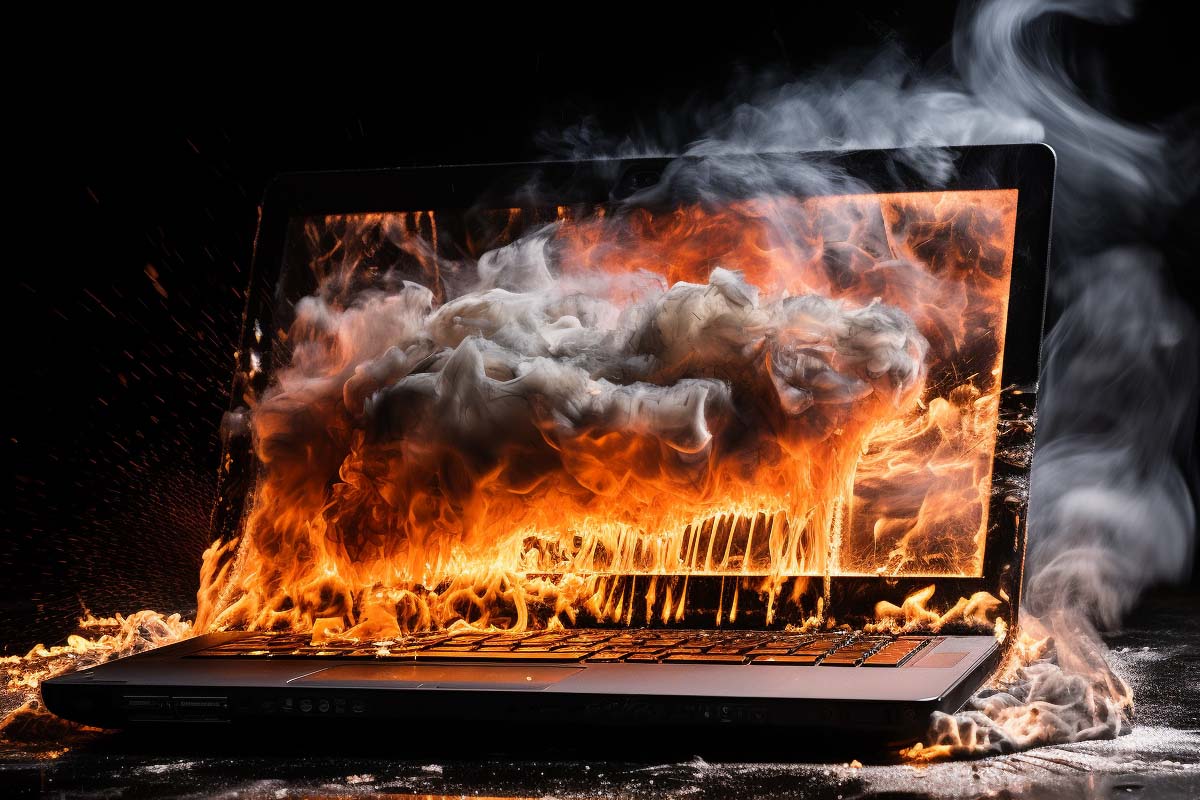What Is (ISC)² CSSLP (Certified Secure Software Lifecycle Professional)?
The (ISC)² CSSLP, or Certified Secure Software Lifecycle Professional, is a globally recognized certification that demonstrates an IT professional’s expertise in implementing security practices throughout the software development lifecycle (SDLC).













